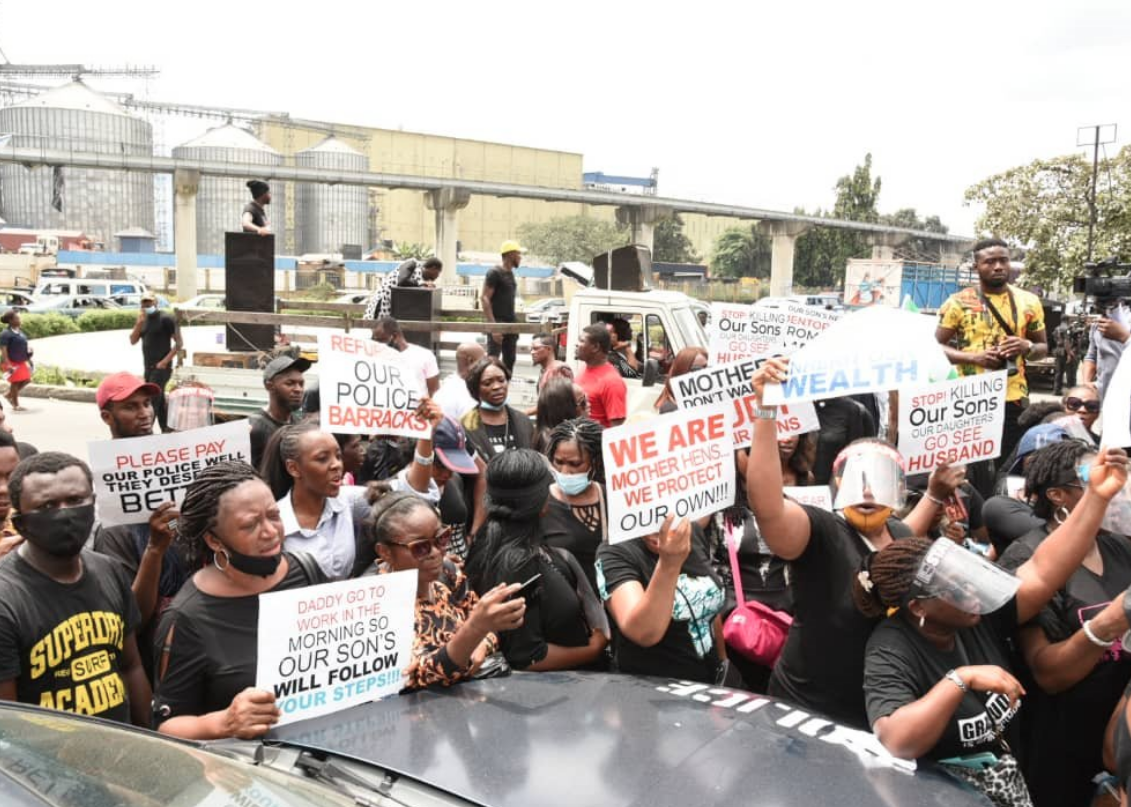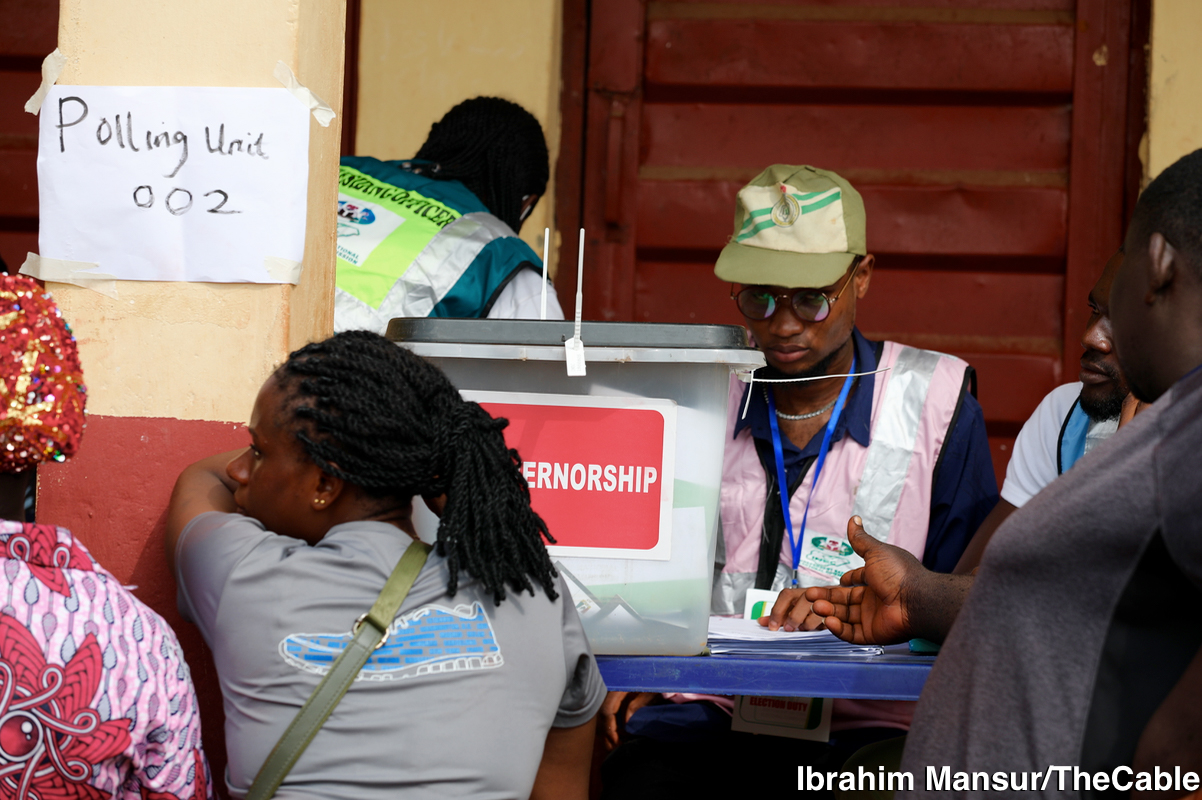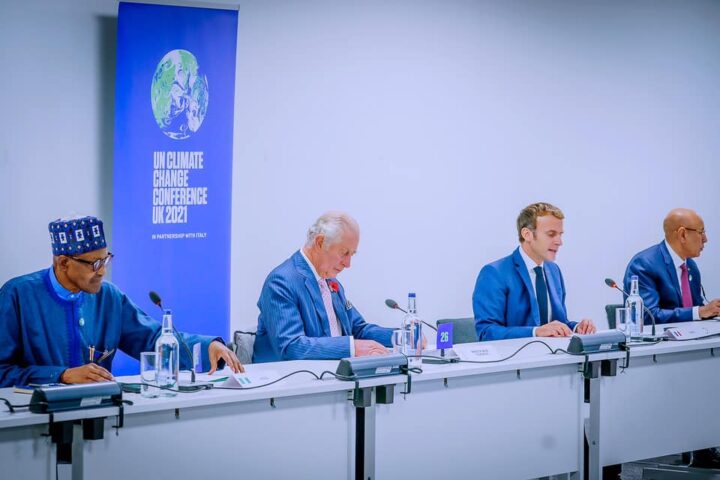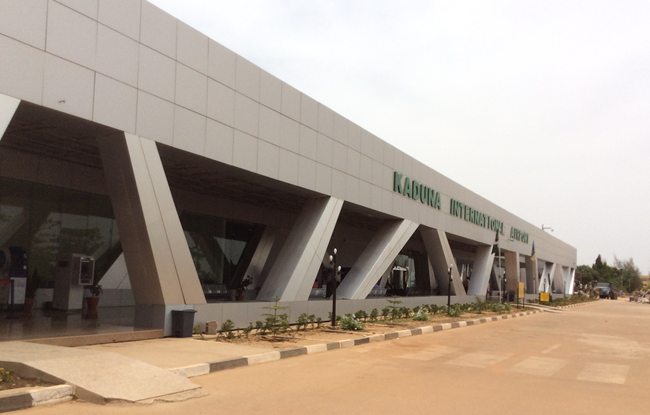BY OLUWATOBI OJO
The concept of a new Nigeria has been around for so long, it’s no longer news to our ears and many have wondered if it’s just a futuristic dream that might never come true. Nigeria, as a country, has come a long way, with histories deeply immersed in possibilities, bloodshed, betrayal, and unfulfilled potential. If there is anything history has taught us, it is the remarkable lessons of survival and tenacity of our founding fathers who believed in the cause of a prosperous African nation and fought valiantly to secure independence from the colonial masters.
With every region in the country fanning the embers of disunity through their battle for supremacy and a considerable hold of power, the country has continued to slip into a state of disarray like a lifeboat patched with holes desperately in need of rescue. The political elites have consolidated their stay in power by whipping up sentiment among their people to encourage hatred against other tribes, members of other political parties and ensure the people do not find commonly shared values.
The admission of the failures and ugly history of the past fueled by self-servicing interest is a starting point for the realisation of a new Nigeria. In the words of the Roman stoic philosopher Lucius Seneca, “every new beginning comes from some other beginning’s end”. A new nation can only start to take shape when the actions and inactions of the past are forgotten and buried in the past. Nigeria desperately needs the current generation to champion the cause of promoting oneness, togetherness, nation-building, and chart a path that leads to the development of a country that works for all. Youths have always been at the forefront of nation-building in the past, before they were relegated to the back in the modern era. The young Nelson Mandela at the age of 24 joined the African National Congress and started the movement that resulted in the emancipation of the black South African. Similarly, the founding fathers of Nigeria’s independence were all in their prime when they led the struggle to secure independence from the British colonial masters.
Advertisement
With over 60% of the population comprising people between the age group of 18-35, according to the National Youth Policy, young people have a demographic advantage over every other age group. Young people must lead the rebuilding project by uniting the nation on all fronts, devoid of ethical or religious sentiment.
The first step in nation-building is electing credible leaders, who are not only qualified but have the love of the people and the country at heart. Nigeria has a long history of political apathy, thanks to the common falsehood of “votes don’t count”. Since the return of civilian rule in 1999, the average voter participation has never exceeded 50% of the total registered voters (and total population), which makes a mockery of majority rule. Statistics obtained from CIRCLE reveals 50% of young people voted in the 2019 general election, which informs the opinion that if half of the youth population actively take part in elections, they are most likely to have a huge say in the election’s outcome. Going forward, the young people have an important role to play by first; actively taking part in the electioneering process, by sensitising people on their franchise, implication of vote-selling and political apathy.
Despite elections in Nigeria often marred by violence, vote-rigging and other forms of electoral malpractice, politicians still depend on votes to emerge, which leads them to vote-buying and other forms of electoral malpractice. Votes definitely count, and this is the truth the political elites want to keep as far away as possible from the masses. The most important task is to exercise their franchise by voting for candidates with proven track records in public or private offices. Young people must consolidate on the gains of the #NotTooYoungToRun bill, by scoring a fair representation in the country’s administration by seeking and contesting for public office.
If they are going to champion a change, they must be there all along the way.
Advertisement
The popular phrase – “youths are the leaders of tomorrow” – is not just another phrase, but a fact that must begin to manifest in actions and indeed. In fact, youths are not just the leaders of tomorrow, but leaders of today. Young people comprising the millennials and Gen X are ambitious, free thinkers, creatives with intuitive knowledge of technology. They must harness these skills to the development of Nigeria. A new Nigerian dream must be premised on sustainable technology to drive innovation and economic growth across all sectors.
The #EndSARS protest witnessed across the nation in October 2020 signalled the beginning of a paradigm shift in the quest for responsible governance in Nigeria. Young people rose up and took to the streets to demand justice, fairness and the outlaw of a rogue police unit that has plagued the citizenry since its establishment in 1992.
Despite the government’s hardheaded handling of the protesters, they continue to hold their ground and resist every form of intimidation and oppression. The protest saw young people rise beyond ethnic, religious and political affiliations and recognise as one and united Nigeria to resist the instruments of the state who have continued to jeopardise their future with extrajudicial killings and irresponsible profiling. This level of togetherness and oneness must be sustained beyond the protest and serve as the bedrock of a new Nigeria that seems like a distant dream.
With the unemployment rate projected at an all-time high of 32.5% in 2021, Nigerian youths have been at the direct receiving end of a corrupt system. It is prime time they take on the mantle of power and leadership to shape the narrative of Africa’s largest nation, eschewing hatred and bigotry that have long been associated with the political elites and masses — and reposition Nigeria on the global stage where it belongs.
Advertisement
Oluwatobi Ojo can be reached via [email protected]
Views expressed by contributors are strictly personal and not of TheCable.
Add a comment






